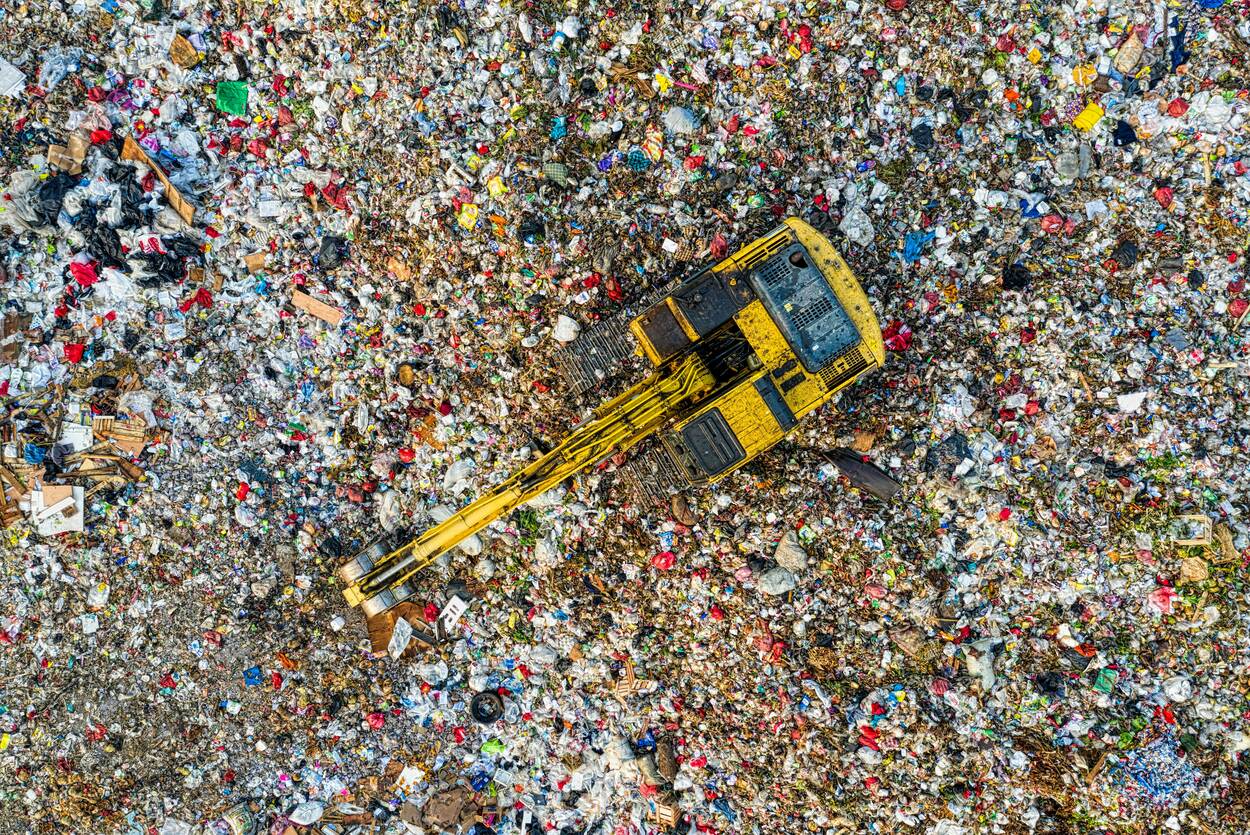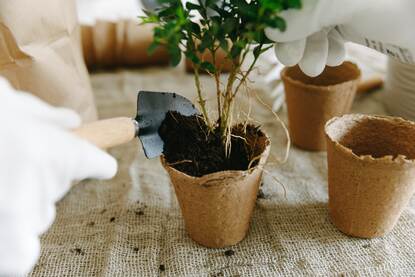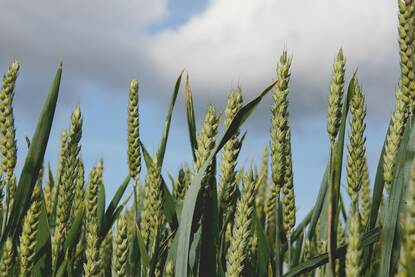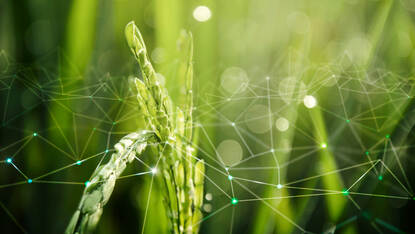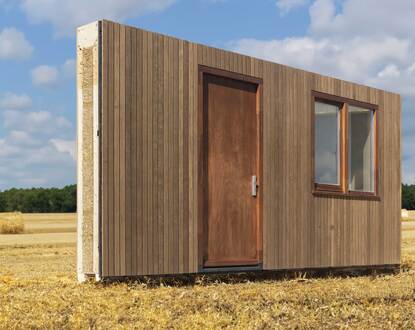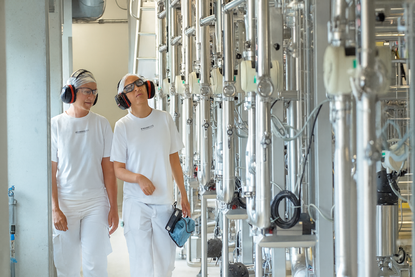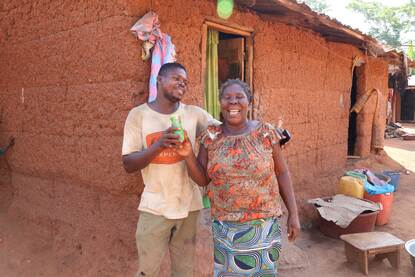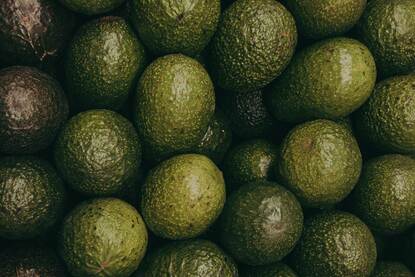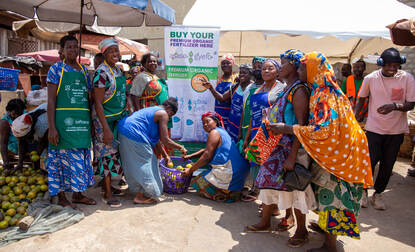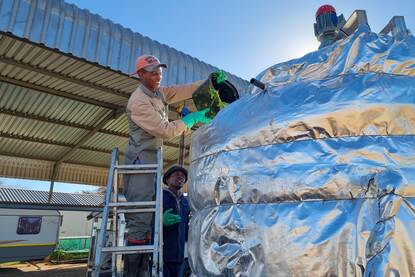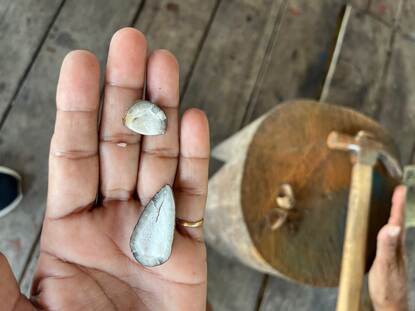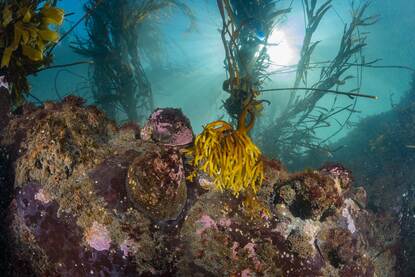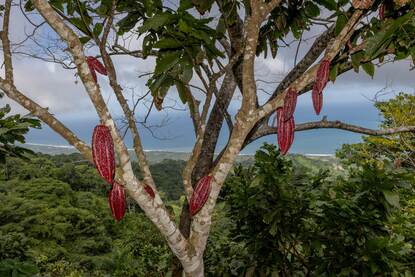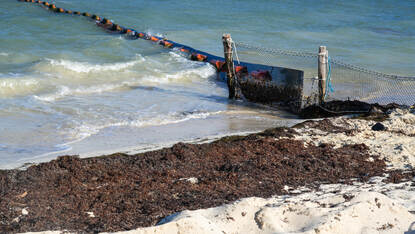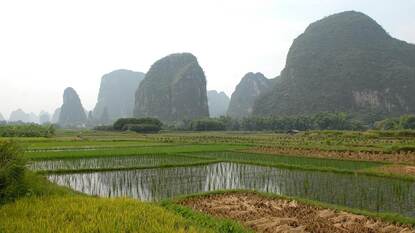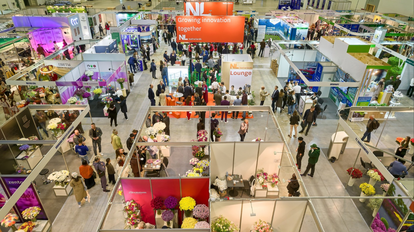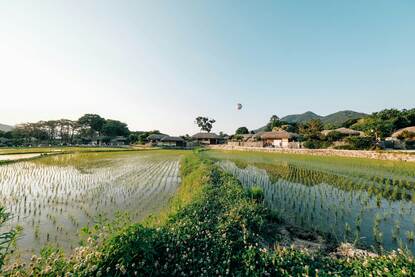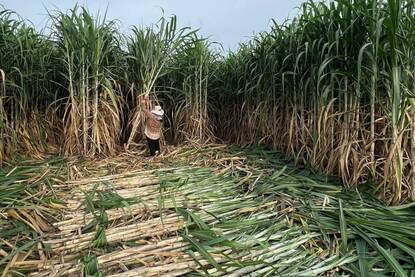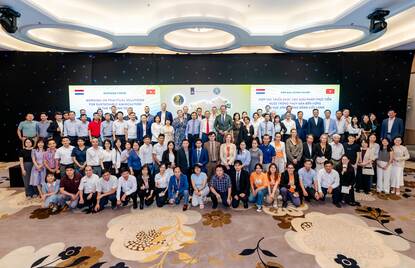Foto Source: Pexels
Egypt generates more than 100 million tons of waste annually. The management of this waste is a challenge, but also an economic opportunity since a large share of the waste is organic. It can be transformed into value streams that support the bioeconomy. With the right policies, technologies, and international collaboration, Egypt can build sustainable growth from this waste. Dutch partners can contribute with expertise in waste processing, innovation through circular solutions, and investment in promising Egyptian enterprises.
Like in other countries in the region, organic waste in Egypt makes up 50 to 60% of landfill content. It is biodegradable and has a high moisture level. This makes segregation and recycling difficult. A lack of reliable waste data also hinders planning and investment. The informal sector, comprising independent waste pickers and small-scale businesses that operate outside of formal regulations, plays a crucial role in collecting and recycling. However, it has little recognition and limited resources. Regulations and standards for waste management and specific quality standards for recycled materials are also missing. This prevents the development of new products from organic waste.
At the same time, this situation creates opportunities. The large volume of organic waste and the variety of waste systems in Egypt open many niches for reuse and valorization. In the Netherlands, Egypt is seen as a combi-country: an emerging market where a combination of cooperation, trade and investment can contribute to stability, sustainable prosperity, and social wellbeing. The combitrack in Egypt focuses on Climate and Water Smart Agriculture and therefore sees organic waste as a key to a bio-based and circular economy.
Governmental support
The Egyptian Ministry of Environment (MoE) also supports this transition. In 2021, it launched the National Bio-based Economy Strategy. The strategy aims to drive economic development through the sustainable use of biological resources, transitioning to a circular economy that minimizes waste and maximizes the value of all resources. In 2023, it set up the Climate and Environment Investment Unit (CLEIU) to attract green investment.
More Egyptian small- and medium-sized enterprises (SMEs) are now entering the market of waste valorization, like Mozna and Chitosan. They show strong potential to offer significant economic benefits by creating jobs, stimulating supply chains, and increasing tax revenue. They drive innovation in waste collection, sorting, and recycling technologies, leading to higher recycling rates, a circular economy, and reduced pollution. These companies need continued business and management support.
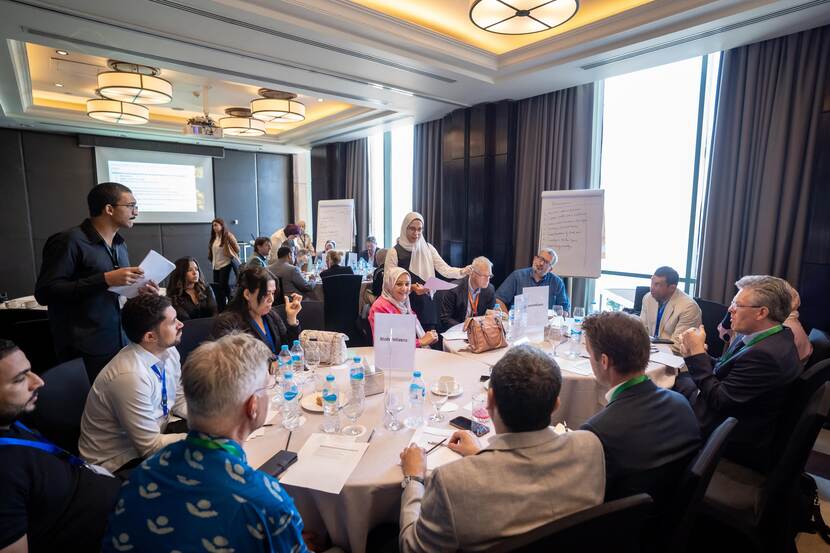
Catalyzing the market: the combi-approach
The Dutch Embassy already has strong agricultural networks in Egypt. Building on this base, the Dutch Ministry of Agriculture, Fisheries, Food Security and Nature (LVVN) together with the combitrack-team at the Netherlands Enterprise Agency act as catalysts for the organic waste market. The combitrack stimulates business-driven impact. It brings Dutch expertise and sparks cooperation and business development.
Key activities and achievements
- Organic Waste to Value (OW2V) Forum (October 2024): this two-day event gathered over 80 Egyptian stakeholders and five Dutch companies. They explored solutions across biochemicals, circular protein, compost, biofertilizers, and waste-to-energy. The forum delivered recommendations for developing the organic waste market.
- Focus-Group Workshop (December 2024): this workshop explored the OW2V forum’s outcomes further. Participants set three priorities: capacity building, matchmaking for private companies, and promotion of bio-based products such as chemicals and circular animal feed.
- OW2V Business Matchmaking Event (July 2025): this event linked waste generators with recyclers. It created 133 potential connections among 23 firms. It also showed the need for a central communication platform between producers and recyclers.
These activities show clear interest from both Egyptian and Dutch actors. They also highlight the opportunity for Dutch companies to help build a strong organic waste industry in Egypt.
From seed project to long-term impact: success stories
Several initiatives illustrate how organic waste valorization is already driving change in Egypt. These examples show the diversity of approaches, from technical innovation to farmer support, and demonstrate how Dutch collaboration is making a tangible impact:
- SASPEN (Sustainable Agriculture Service Provision Network) Project: this Dutch funded project aims to empower Egyptian service providers with technical and business knowledge to support small farmers. The project supported around 45 scale-ups and service providers. It gave them technical and business support. This helped them with the network and skills to promote climate-smart and water-wise agriculture. Also, the project supported them to connect with Dutch companies who are interested in joining the market.
- Chitosan Egypt: this company is the first industrial chitosan producer in the Middle East and North Africa region. It turns shrimp and crab waste into organic crop protection and nutrition products. SASPEN's support and cooperation with the Dutch company Spaak BV allowed Chitosan to expand. It now serves both smallholders and large growers.
- Mozna Agricultural Solutions: this company in Upper Egypt converts agricultural waste into organic liquid fertilizers. It creates new income for small farmers. It also diverts more than 30 tons of waste each day from landfills. This reduces carbon emissions, improves farmer productivity, and creates green jobs.
The SASPEN program continues through the AgroVenture Egypt hub. This hub gives new companies opportunities to follow the examples of Chitosan and Mozna. Dutch programs support local initiatives and service providers. Together they speed up the growth of a bioeconomy and promote climate- and water-smart agriculture in Egypt.
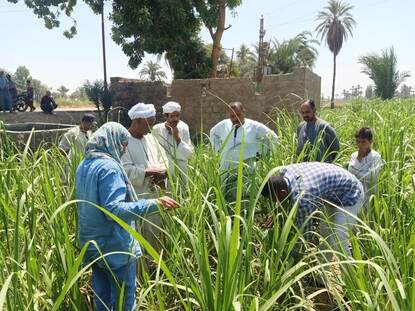
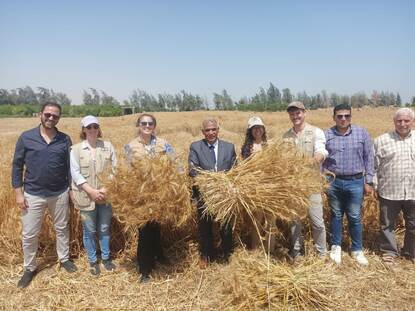
Opportunities for Dutch stakeholders
The Egyptian organic waste sector offers many opportunities for Dutch stakeholders:
- Technology transfer: Dutch companies can deliver sorting, processing, and valorization technologies. These improve efficiency and reduce environmental impact and can fit with small farmers and large companies. Spaak B.V. already sees great potential in the Egyptian market.
- Knowledge sharing: Dutch knowledge institutions can provide training and capacity building. This will be discussed with the new technical education programs that the Embassy is trying to stimulate with Aeres, a Dutch knowledge institution. This will strengthen the skills of Egyptian entrepreneurs and professionals in the bioeconomy.
- Investment: Dutch investors can support Egyptian small- and medium-sized enterprises and innovative projects in organic waste valorization. Several Egyptian banks started to offer financial programs that support new companies and scale ups in this sector.
- Collaboration: Dutch and Egyptian civil society organizations can work together. They can raise awareness of the benefits of recycling and promote sustainable waste management.

Pathway to sustainable development
The Netherlands Agricultural Network (LAN) and Combi-track team in Cairo are actively fostering a sustainable bioeconomy in Egypt by connecting Dutch and Egyptian businesses. This includes matchmaking, improving communication and skills, and attracting investment in the organic waste sector.
Building on this, a second phase of the SASPEN program will soon launch to support Egyptian agricultural startups innovating with organic waste, while the Dutch Embassy is developing a new program to link Egyptian companies seeking waste reuse solutions with innovative Dutch technology providers. Application details will be announced shortly on Agroberichtenbuitenland.nl.
The bioeconomy presents a crucial pathway for Egypt's sustainable development and green transition. By continuing to use the potential of organic waste valorization, fostering Dutch-Egyptian collaboration, and supporting local initiatives, Egypt can unlock significant long-term economic growth, generate substantial environmental benefits, and enhance food security.
‘The bioeconomy presents a crucial pathway for Egypt's sustainable development and green transition’
More information
Would you like to know more about bioeconomy in Egypt? You can visit the country page of Egypt at the website Agroberichtenbuitenland.nl of the Dutch Ministry of Agriculture, Fisheries, Food Security and Nature. You can also send an email to the LAN team at the Dutch Embassy in Cairo: kai-lvvn@minbuza.nl.
